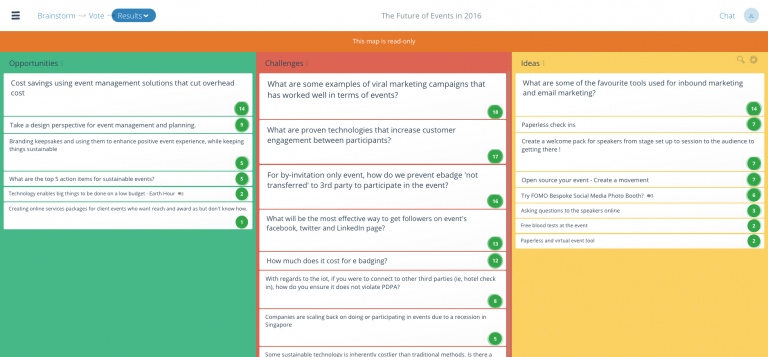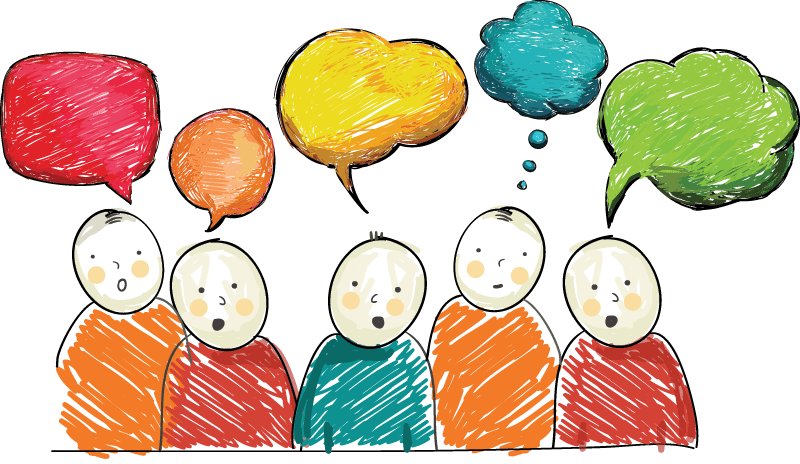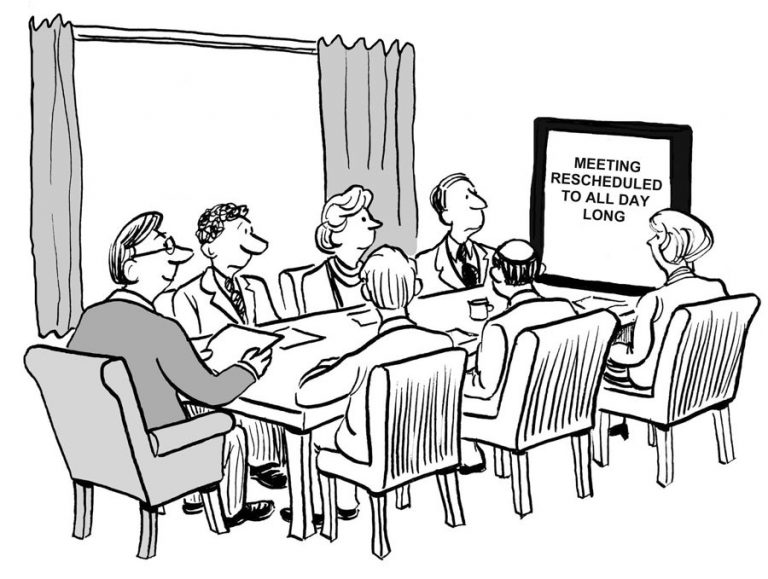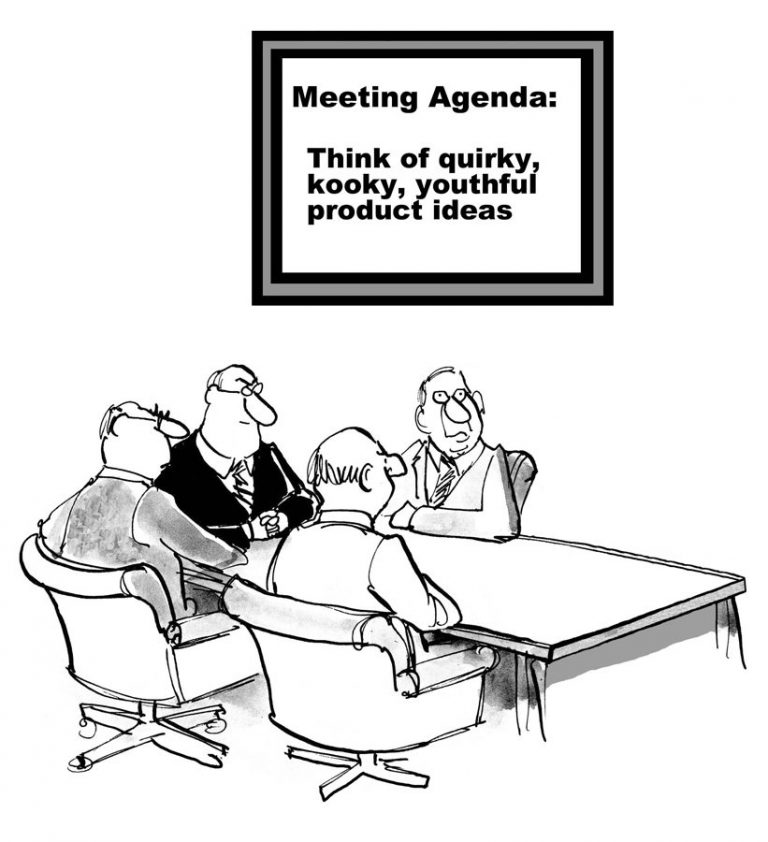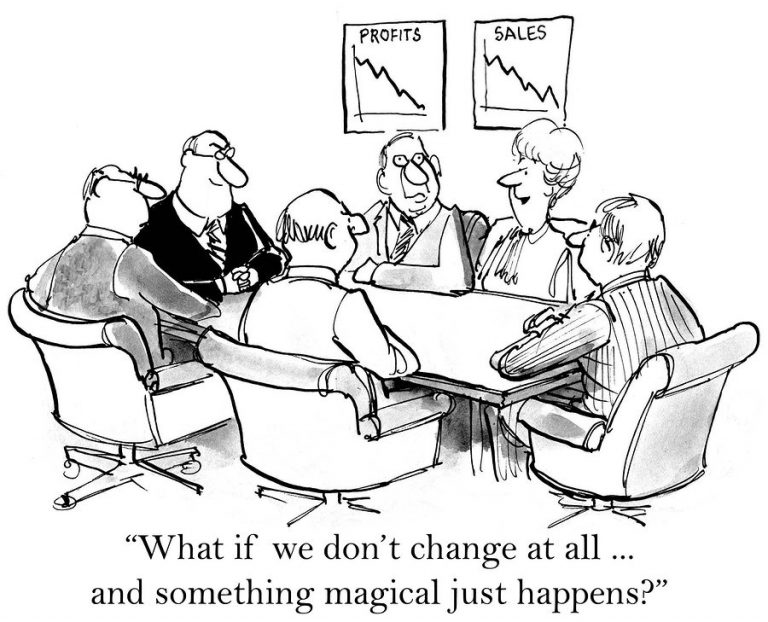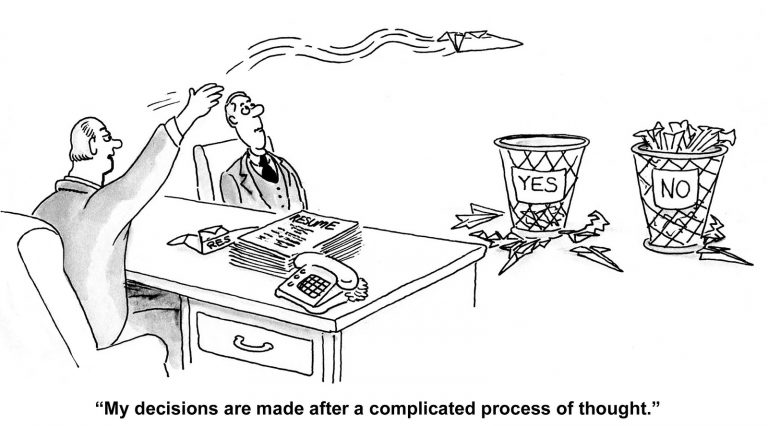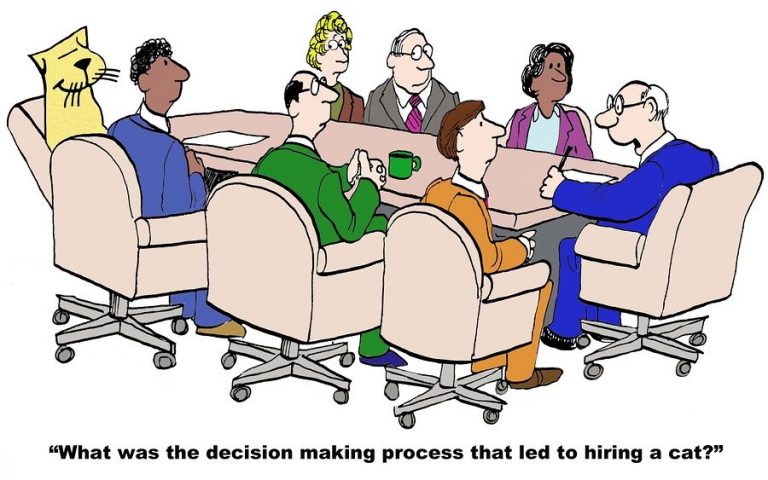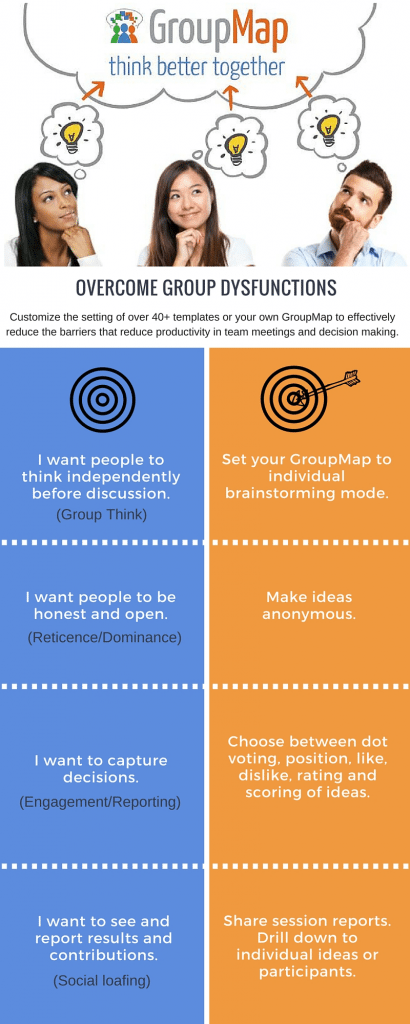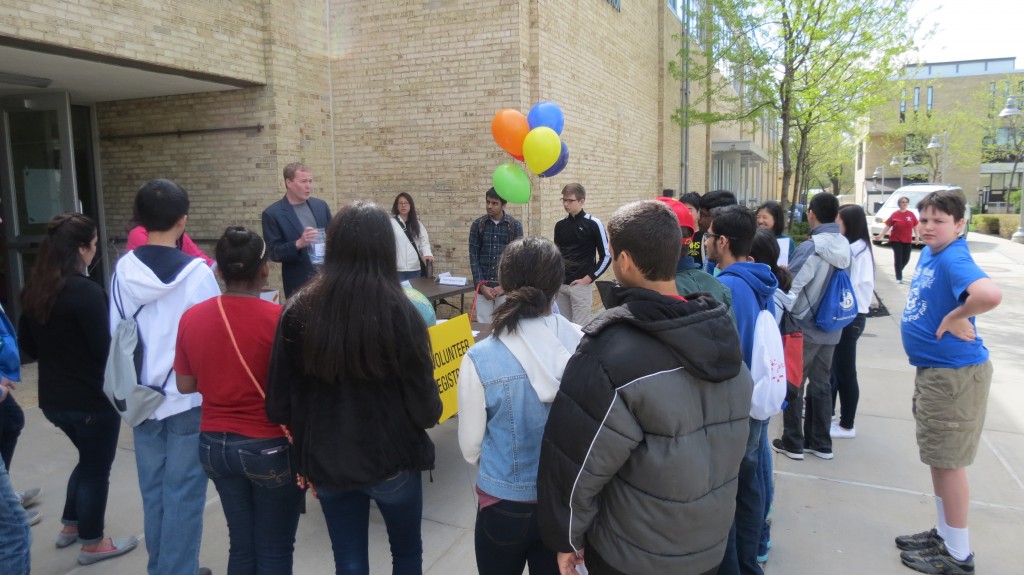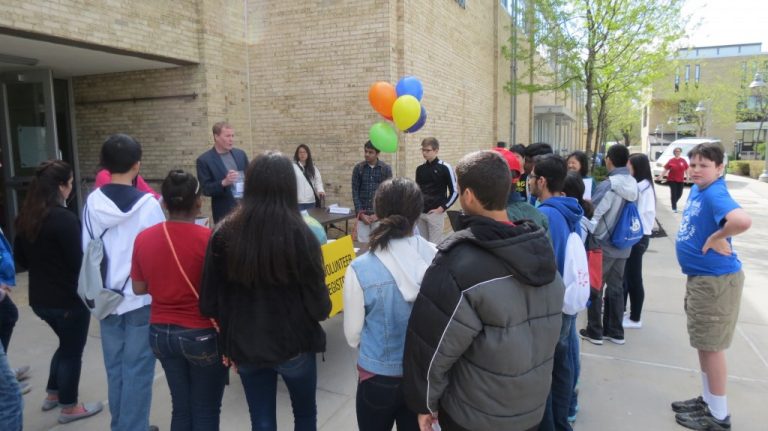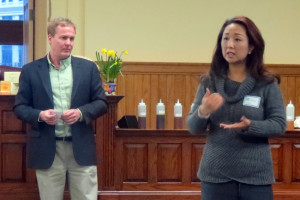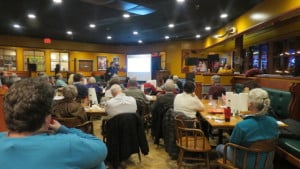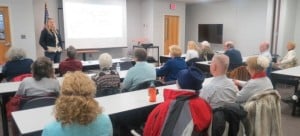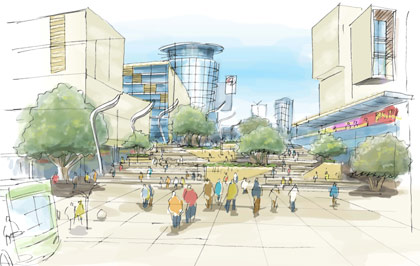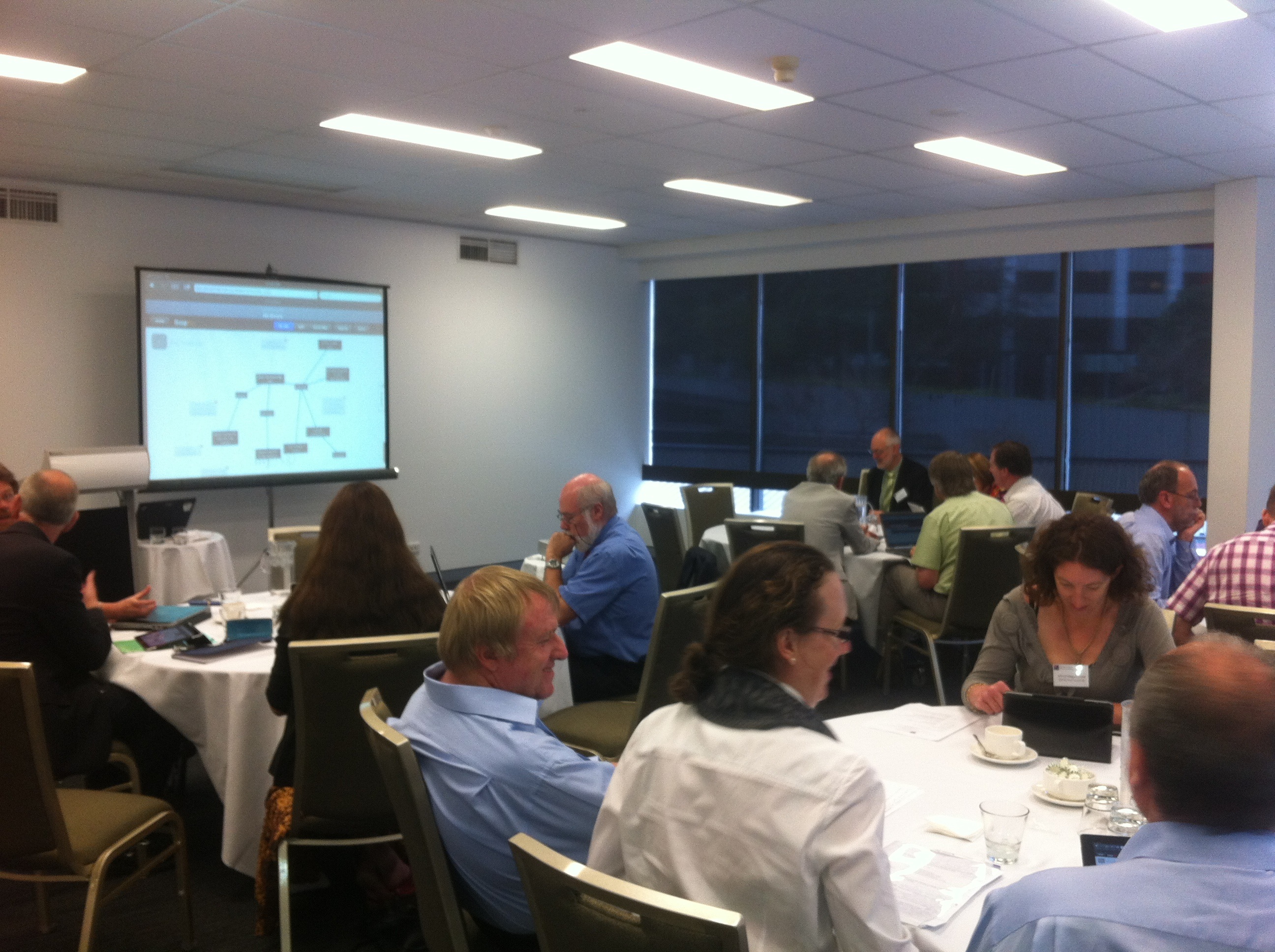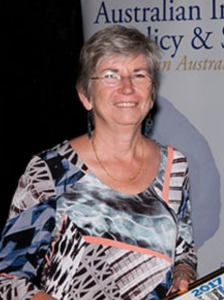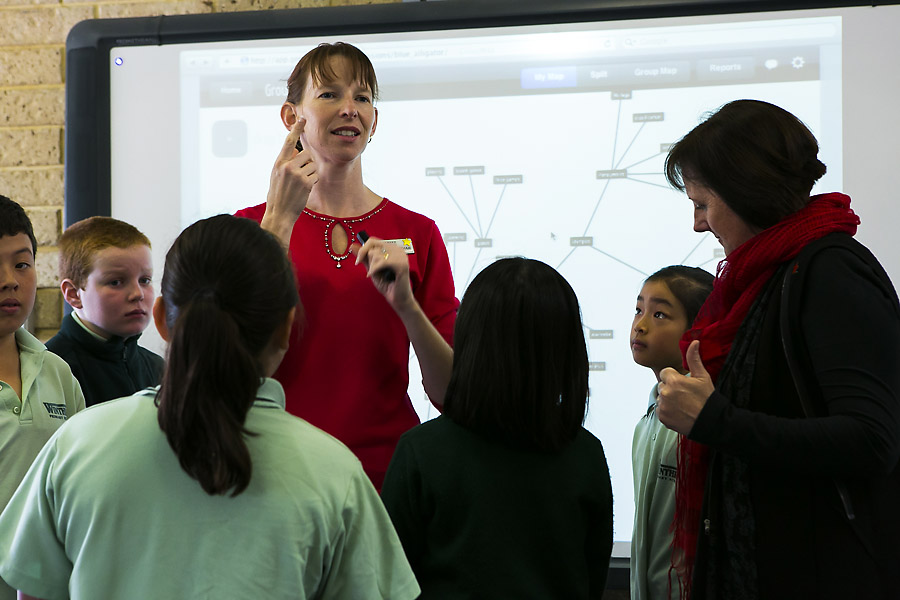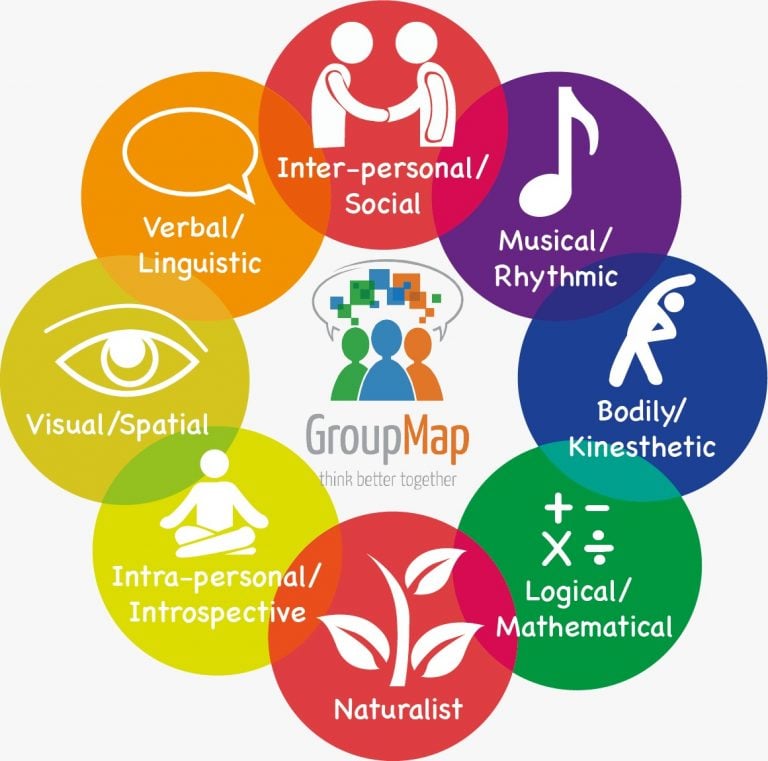Using a digital facilitation tool can take your event from a drab, random hodgepodge of conversations that nobody remembers to an interactive, engaging real-time experience. See how this group of meeting organizers did it.
GEVMExchange, hosted by GlobalSignIn at the American Club, Singapore hosted over 100 meeting professionals and event leaders who came together to share the latest trends and to highlight some of the key issues facing event planners.
Speakers and topics included:
Ben Glynn from Emarsys and Andy Choi from Whispir talking about marketing automation and the need for personalization of messaging.
SiddarthDAs sharing an inspiring story about Earth Hour and how a small team executes on events being run globally.
Raven Chai from UX Consulting talking about human-centric event design and principles of design.
Ken Hickson from SESA sharing updates on ISO standards and sustainability tips.
Rachel Siah from BRCKTS with her learnings of venturing into social media.
Capturing key themes through opportunities, challenges and ideas
As part of the conference, GroupMap captured what people thought were future opportunities, challenges and ideas. Based on what was being discussed and shared that day, the wider group could then prioritise the top issues for further discussion.
Next, delegates were given the opportunity to brainstorm and add ideas throughout the day on their mobile, tablet or laptop. The final session was an interactive breakout session for small group discussion. This was a great way to make the workshop more interactive and to make sure that topics were driven by consensus.
Using Dot Voting to generate group consensus
To do this, delegates were asked to digitally dot vote on the top 5 themes that they are most interested in.
Event organizers could see the audience votes in real-time and displayed this on the screen, with one of them commenting “this is like the stock exchange” as topics that were popular floated to the top and were displayed larger.
Using GroupMap as a digital facilitation tool meant the results were collated in real time and were a visual representation of what the audience most wanted in the room.
Guest speakers were then invited to facilitate the discussion on the 4 topics in groups.
1. Social media use cases and examples of viral videos and content for meetings.
2. Automation, marketing, and outreach tools.
3. Use of event technology and sustainability concepts in event planning.
4. Audience engagement.
Taking brainstorming online and to the edge.
Going one step further, a map was created to ask people to take brainstorming to the edge using the concept of Edgestorming – from the book Disciplined Dreaming. This thinking style is used by Cirque du Soleil to create memorable events that are buzz-worthy and create word of mouth. The goal is to take creativity all the way to the “edge”, rather than simply sticking to the status quo.
The question was what you could do to make your event outrageously…
Big
Small
Loud
Soft
Expensive
Cheap
Strong
Fast
